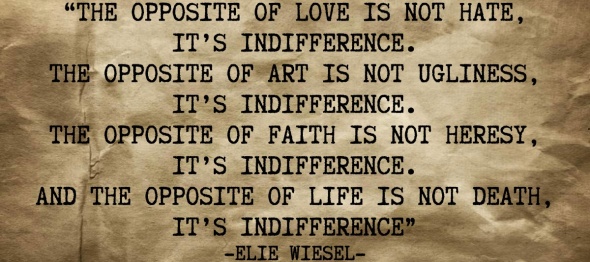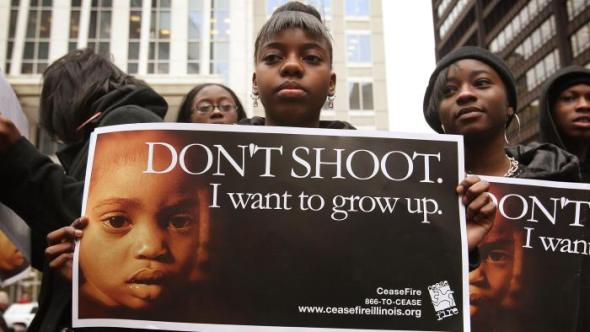Day 291: Dear America, The power of indifference


Suddenly your absent-minded thoughts are shattered by a loud noise. Quickly you look around, to the left of you, you see it. A child has been shot. You see them bleeding heavily. People are standing around with their phones, some calling emergency services, some filming, but most looking confused and scared. No one is actively trying to help. What do you do next?
Extreme beliefs often mistaken for insanity

In the aftermath of violent acts such as mass shootings, many people assume mental illness is the cause. After studying the 2011 case of Norwegian mass murderer Anders Breivik, researchers are suggesting a new forensic term to classify non-psychotic behavior that leads to criminal acts of violence.
Parents influence children’s play of violent video games
Parents who are more anxious and emotional can impact the amount of violent video games their children play, according to new consumer research from Iowa State University. Russell Laczniak, a professor of marketing and the John and Connie Stafford Professor in Business, says given the harmful effects of violent video games, he and his colleagues wanted to better understand how parents influence children’s behavior.
Television viewing linked to higher injury risk in hostile people
People with hostile personality traits who watch more television than their peers may be at a greater risk for injury, potentially because they are more susceptible to the influence of television on violence and risk-taking behaviors, a University of Pittsburgh Graduate School of Public Health analysis discovered.
Study finds violent video games provide quick stress relief, but at a price
A study authored by two University of Wisconsin-Madison graduate students indicates that while playing video games can improve mood, violent games may increase aggressive outcomes. The researchers looked at how video games may be used to manage emotions — specifically, whether playing the games can improve mood.
Health factors influence ex-prisoners’ chances of returning to jail
Ex-prisoners with a history of risky drug use, mental illness or poverty are more likely to end up back behind bars. Those who are obese, are chronically ill or have attempted suicide are more likely to remain in the community. These are some of the findings from an exploratory study into health-related factors that could be used to predict whether a person released from prison will end up in custody again.
The new normal? Addressing gun violence in America
Mass shootings have a significant impact on our individual and collective psyche, especially when they happen at schools. Despite the fact that children die every day from gun violence, school shootings upset us in ways that are difficult to comprehend. In our minds, schools serve as safe havens for children. When that image is shattered, the unpredictability and randomness of such heinous acts leave us wondering if anywhere is safe anymore. Thus, the shock and horror expressed following these events is not surprising.
Restricting firearms access for people who misuse alcohol may prevent violence
Restricting access to firearms for people who misuse alcohol could prevent firearm violence, but policies that more clearly define alcohol misuse should be developed to facilitate enforcement, according to a review of existing research and public policies by the UC Davis Violence Prevention Research Program.












